OFFICINA BIOMAT
Officina Biomat launched the Biki project in early 2020, two months before the pandemic hit and one year after the company was formally established, on 31 January 2019. “In 2018 I took part in Fondazione Garrone’s ReStartApp call for ideas, writing a project with my friends from Associazione Canapamo. At the end of the campus we won second prize” says Michele Galeri, who was born in 1984. Canapamo had been set up at the end of 2016, “sitting at a table in a pub, having a beer: they involved me because I graduated from the Agricultural Institute and then got a degree in Food Science”, he explains. Today, Associazione Canapamo is a social promotion association recognised by the Umbria Region, which carries out its own activities, complementary to those of the start-up: Canapamo deals with industrial hemp at 360 degrees, with the aim of bringing knowledge and production of this plant back to the Apennines and systematically disseminating information on all the supply chains it is used in, from the agri-food sector to the textile one, from bio-building to the medical sector, all the way, of course, to bioplastics production. “Following one of our conferences, attended by physicians experimenting with the use of medical cannabis, Associazione Pazienti Cannabis Medica ODV (Medical Cannabis Patients’ Association) was established, and two members of the Canapamo are on the board”, says Michele Galeri. In 2018 and 2019 the Canaparte festival was held in Assisi, an impromptu painting contest and exhibition involving artists from all over Italy painting on hemp paper (produced by an artisan from Fabriano, Melania Tozzi). In the first months of 2021, Associazione Canapamo, in cooperation with Eureka System Srl (an Umbrian company providing services to businesses and professionals), organised an advanced training course in European Project Management to support young people in the development of new business activities. The course will be held in April and May 2021.
The most important acknowledgement for the association, however, is perhaps the one received in late December 2020, with the establishment of the Tavolo di filiera della canapa industriale (Industrial hemp supply chain committee) at the Italian Ministry of Agricultural Policies: Canapamo is one of its 48 members, and one of the few ‘stakeholders’ of the hemp sector amidst so many institutional representatives. “Hemp went through a regulatory revolution in Italy in 2016, when Law No. 242 (legge 242) was passed, promoting hemp growing and regulating its production in the agro-industrial supply chain. There are still regulatory aspects to be clarified, and we are members of a committee that is currently discussing them”, explains Michele. In 1910, hemp cultivation in Italy covered around 80,000 hectares. In 2018 the number was down to 4 thousand (source: European Industrial Hemp Association, EIHA). There is room for the cultivation of this rustic plant to grow further, and if Officina Biomat’s development of polymers is successful, the Apennine valleys of Umbria, starting with the Valnerina valley, will be able to offer ‘zero-kilometre’ raw materials.
The Industrial hemp supply chain committee
The Committee – which convened for the first time in February 2021 – is the ideal venue to address issues and initiatives that can support and strengthen the supply chain, create new jobs, and make our businesses increasingly competitive. Set up by the Italian Ministry of Agriculture, the committee will serve for three years and will have advisory and monitoring functions. It consists of representatives from the Italian Ministry of the Interior, Ministry for Health, Ministry for Economic Development, Ministry for the Environment, the Customs and Monopolies Agency and the Carabinieri for Defence, as well as the three departments of the Ministry for Agricultural Policies and Forestry, and the three supervised bodies Crea, Ismea and Agea. The regions will be represented by Apulia, Friuli Venezia-Giulia, Piedmont, Umbria, and Veneto, while representatives of the business sector will include six professional agricultural organisations, four central agricultural cooperatives, six national representative organisations, as well as six hemp sector associations and two stakeholders, including Canapamo. The Umbrian association is represented by Stefano Vitali, a biologist, who is also one of the partners in Officina Biomat.
